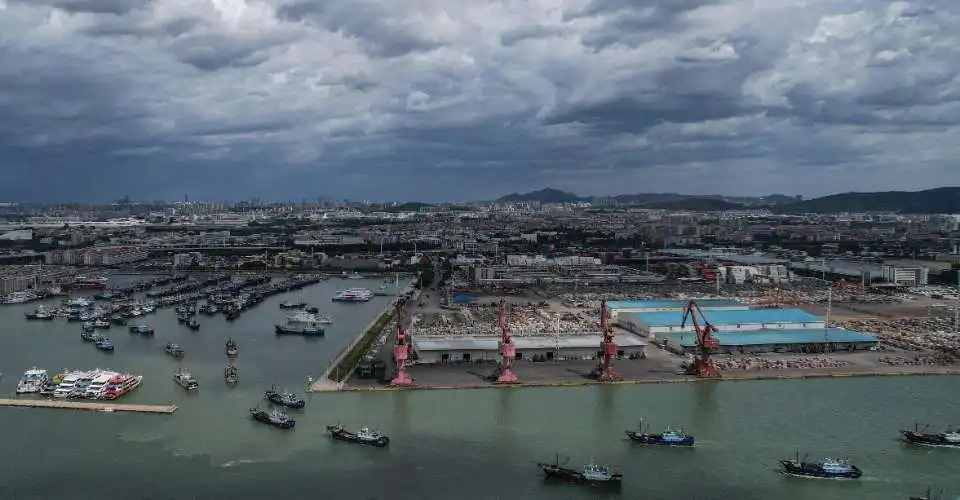
Cracks were found in more than 180 Hitachi trains being used by Great Western Railway (GWR) and London North Eastern Railway (LNER) last year.
The Office of Rail and Road (ORR) said the damage was partly due to the trains being corroded by salt in the air.
Hitachi Rail said it took “appropriate action to prioritise safety”.
In May 2021, the withdrawal of the damaged Hitachi Class 800 and 385 series trains led to a week of delays and cancellations for travellers.
Affected operators were Great Western Railway, London North Eastern Railway, TransPennine Express and Hull Trains.
Cracks were also found after examination of ScotRail’s Class 385 and Southeastern’s Class 395 trains.
The ORR investigation found the design of the trains complied with existing standards but that corrosion cracks were found on lifting points – which allow carriages to be raised during maintenance work – resulting from the use of a particular type of aluminium, which was corroded by salt in the air.
It said fatigue cracking was caused by the “trains experiencing greater loads from train movement than allowed for in the original design”.
It added: “It is not yet known for certain why this happened, although potential factors include wheel wear and track design.”
The trains first entered service in 2017.
‘No safety failures’
The ORR recommended further work was carried out to identify the reasons for cracks developing in the rolling stock.
It said it had been assured of “no safety failures and trains have performed as specified” since they returned to service.
Ian Prosser, ORR’s chief inspector of railways, said Hitachi Rail and other operators had put in place “robust plans to make sure the right safety issues are being managed”.
“Our review provides a clearer picture of the issue and we will continue our oversight to ensure work moves forward to agree the permanent solution and our recommendations are acted on,” he added.
“It is important that the whole industry works together to learn lessons from what has happened.”
Hitachi Rail has proposed a plan to replace and modify affected parts to be completed over six years in order to minimise the number of trains out of service at one time.
In a statement, the company said the report confirmed “all Hitachi trains meet relevant standards and that we took the appropriate action to prioritise safety and maintain train availability”.
“The proposed engineering solutions outlined in the report are currently being reviewed by all partners,” it added.
“We are working together to finalise the plan for their implementation, while always prioritising safety and train availability to support consistent passenger services.”






